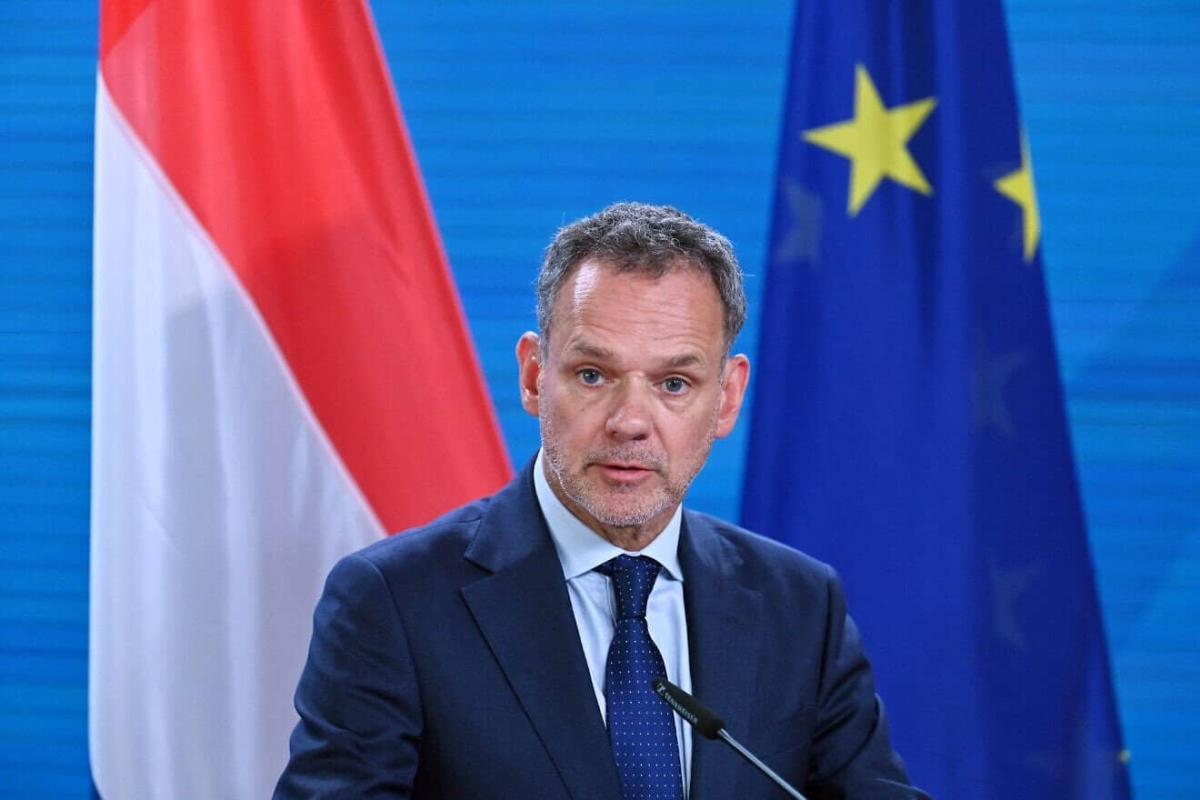Dutch Foreign Minister Kaspar Fieldcamp announced his resignation from office last night, Friday, August 22, following sharp disagreements within the government regarding the possibility of imposing sanctions on Israel, according to the Dutch news agency "ANP".
Fieldcamp belongs to the "New Social Contract" (NSC) party, which is classified as centrist, and he publicly stated on Thursday his desire to take additional measures against Israel, especially after the Netherlands announced in July that it considered the far-right Israeli ministers Itamar Ben Gvir and Bezalel Smotrich as "undesirable persons" due to their policies towards the Palestinians.
Fieldcamp confirmed in his resignation statement:
"I see that I am not in a position to take additional significant actions to pressure Israel,"
pointing out that the proposals he presented underwent "serious discussions" in the cabinet but faced opposition from several ministers, even from within his own party.
The resignation caused a shock within the ruling coalition, as other ministers from his party left government meetings, increasing the political tension in the country.
This resignation comes at a sensitive time, as the Netherlands was among 21 countries that signed a joint statement on Thursday condemning Israel's approval of a large settlement project in the West Bank, describing the move as "unacceptable and contrary to international law".
In the same context, the United Nations officially announced yesterday, Friday, the occurrence of famine in the Gaza Strip, a precedent that is the first globally outside the African continent.
According to reports from UN experts, about 500,000 Palestinians are living under the burden of "catastrophic hunger," holding Israel directly responsible, amid the ongoing war on the sector that erupted in October 2023.
In conclusion, Fieldcamp stated that he no longer has "sufficient confidence in his ability to work as Foreign Minister in the coming weeks, months, and year," which led him to make the decision to leave his position, leaving behind a diplomatic vacuum at a time when international tensions regarding the situation in the Middle East are escalating.

